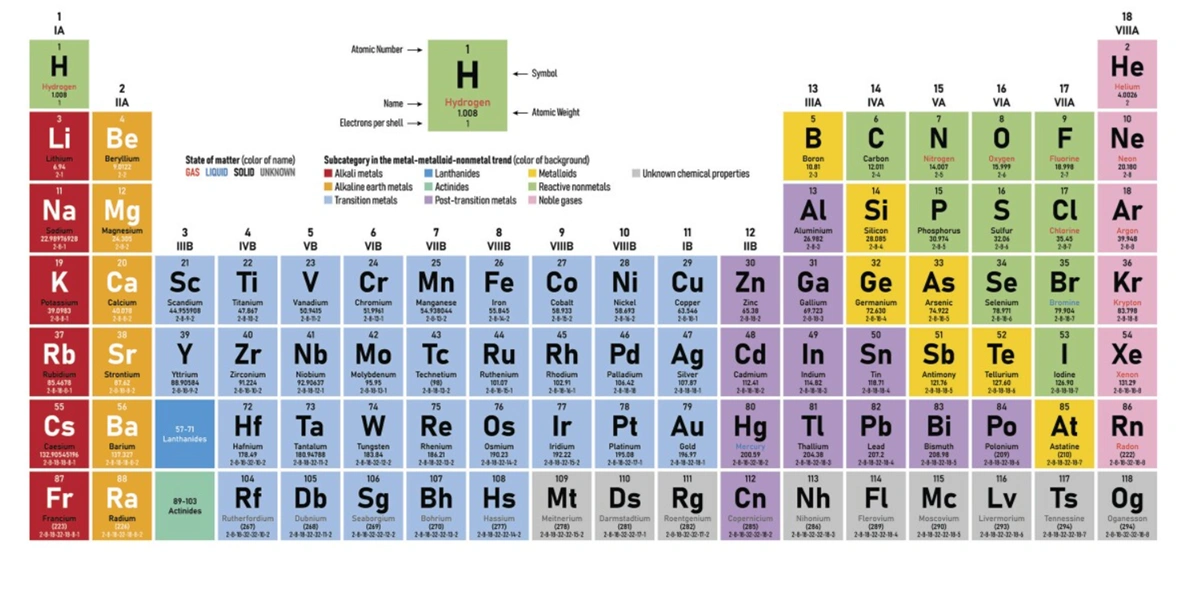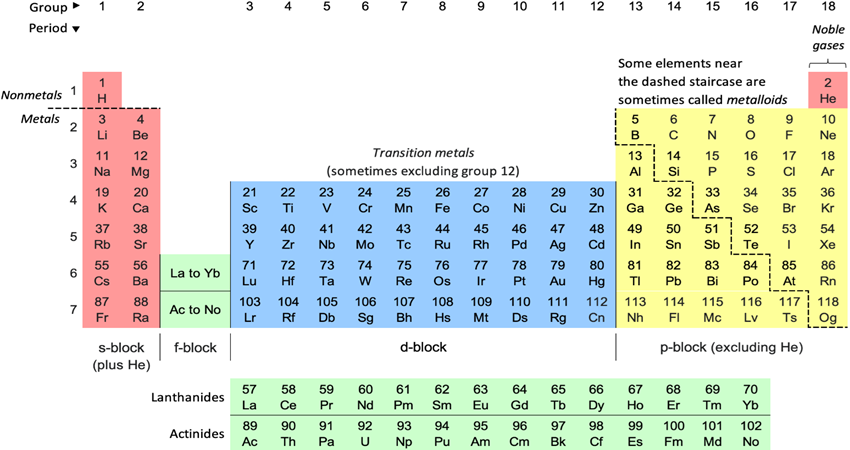Gaseous fuels
The gaseous fuels are mainly used for heating purposes.

Advantages and disadvantages of gaseous fuels
| Advantages | Disadvantages |
| Gaseous fuel have high calorific value. | High danger of explosion and it may cause large- scale fire. |
| They posses high thermal efficiency | The occupy large volumes and more space is required for storage. |
| They are smokeless, easy to ignite and do not leave behind more amount of ash. | |
| They can be distributed over wide area. |
Types of gaseous fuels
The most important commercial gaseous fuel are as follows:
Primary fuels: Natural gas.
Secondary fuels: LPG, coal gas, wood gas, producer gas, water gas, oil gas and refinery gas.
| Primary gaseous fuels | Secondary gaseous fuels |
Natural gas
|
(i) Cooking gas(LPG)
(ii) Producer gas
(iii) Coal gas
(iv) Gobar gas
(v) Biogas
|
| Read More Topics |
| Fraction by distillation of crude petroleum |
| Write note on leaded petrol |
| What are the requirements of metallurgical coke? |





